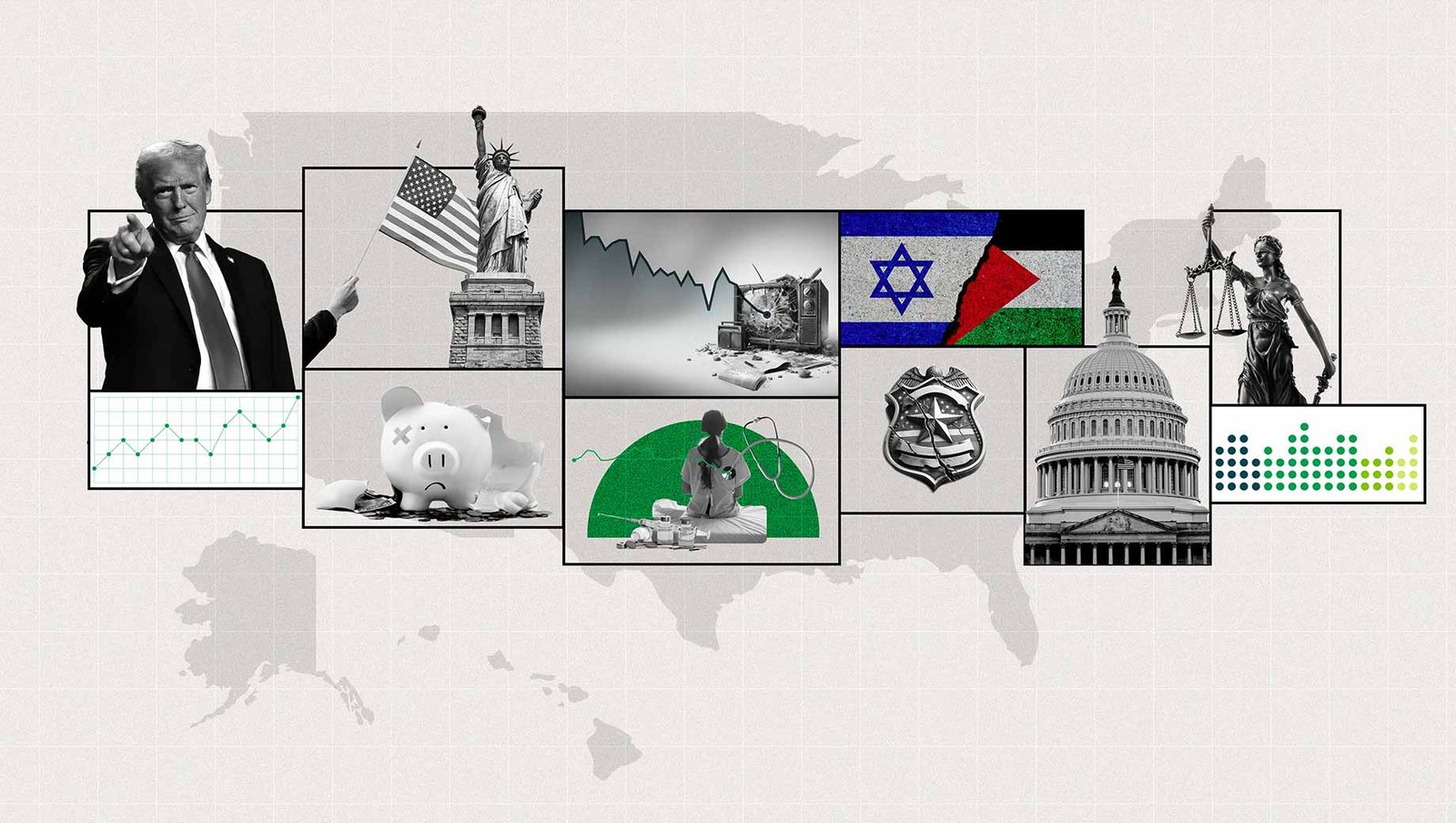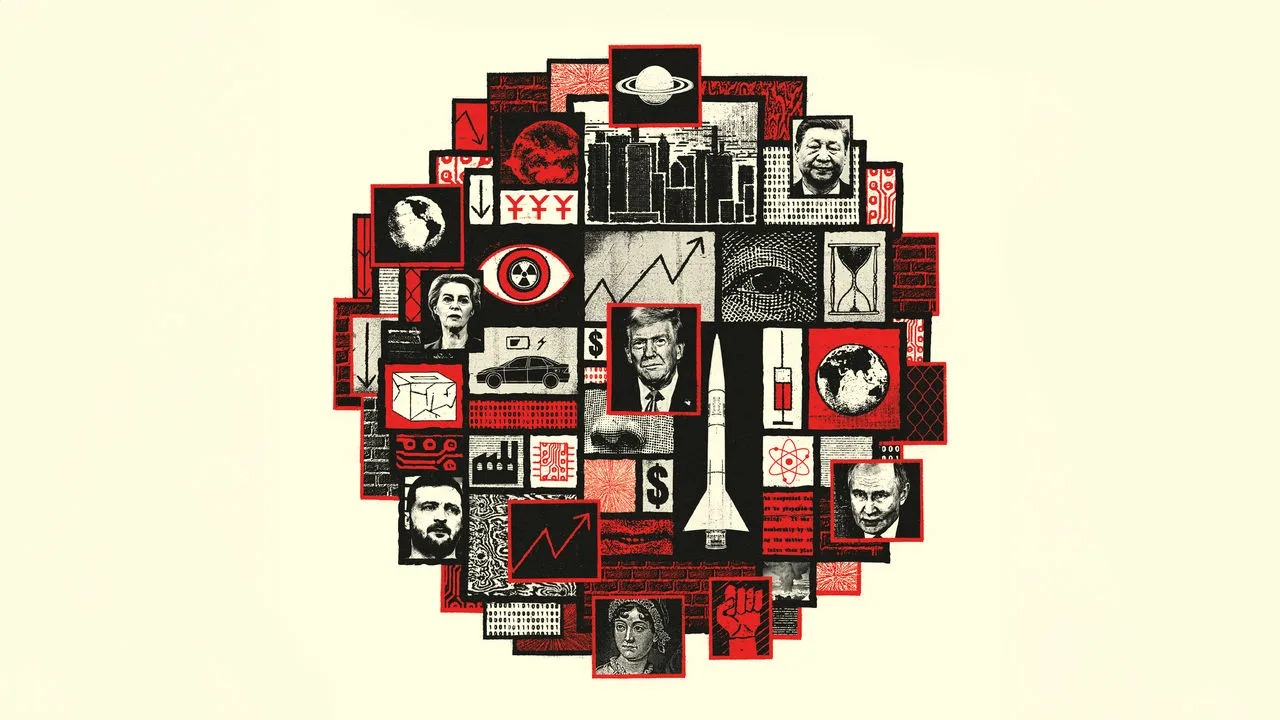As the world enters 2025, global politics continue to evolve, driven by economic shifts, technological advancements, and geopolitical conflicts. Governments, businesses, and citizens must stay informed about these trends to navigate the changing landscape effectively. This article explores key political developments expected to shape international relations in 2025.
1. The Shifting Balance of Global Power
The competition between major global powers, particularly the United States, China, and the European Union, is expected to intensify in 2025. With the U.S. presidential election results influencing foreign policies and China’s growing economic influence, the global power dynamics are shifting rapidly.
China’s Belt and Road Initiative (BRI) continues to expand, strengthening its economic ties with developing nations, while Western countries are reinforcing alliances to counter China’s rise. The European Union is focusing on strategic autonomy, reducing reliance on external powers while enhancing its defense and economic capabilities.
2. The Impact of Elections Worldwide
Several major elections are scheduled for 2025, including parliamentary and presidential elections in various countries. These elections will significantly impact domestic and international policies, trade agreements, and diplomatic relations.
Countries such as India, Brazil, and the United Kingdom are set to experience political shifts, with potential policy changes in trade, environmental commitments, and global cooperation. Observers will closely monitor these elections for indications of stability, populism, or emerging diplomatic trends.
3. Geopolitical Conflicts and Diplomatic Resolutions
Ongoing conflicts and territorial disputes remain central to global politics in 2025. Tensions in regions like Eastern Europe, the South China Sea, and the Middle East continue to shape diplomatic engagements. NATO and other international organizations are playing a crucial role in conflict resolution and peacekeeping efforts.
Efforts to de-escalate tensions between Russia and Ukraine, U.S.-China diplomatic engagements, and Middle Eastern peace initiatives will be closely watched. Diplomatic strategies and economic sanctions will continue to be key tools in managing international conflicts.
4. Climate Policy and Global Cooperation
Climate change remains a pressing global issue, with governments strengthening policies to meet net-zero emissions goals. The 2025 United Nations Climate Conference (COP30) is expected to push for more aggressive commitments from nations to reduce carbon footprints and invest in renewable energy.
Countries are focusing on green technologies, carbon taxes, and sustainable development, influencing global trade and economic policies. The shift toward environmentally responsible governance is shaping foreign investments and international collaborations.
5. The Future of International Trade and Sanctions
Trade wars and economic sanctions continue to influence international markets. The U.S. and China remain at the forefront of economic competition, with new tariffs and trade policies impacting global supply chains.
As the World Trade Organization (WTO) and regional trade blocs negotiate new agreements, businesses and investors must stay informed about shifting regulations. The rise of digital currencies and blockchain in trade settlements is also expected to transform international commerce.
6. The Rise of Digital Governance and Cybersecurity Policies
Governments worldwide are implementing stricter regulations on digital platforms, artificial intelligence (AI), and cybersecurity. With cyber threats on the rise, nations are investing in robust cybersecurity frameworks to protect critical infrastructure and digital economies.
New policies around data privacy, misinformation control, and AI governance will shape the future of the internet and digital interactions. The debate over internet regulations versus free speech continues to be a significant political challenge in many democracies.
7. Migration Policies and Global Refugee Crisis
Migration continues to be a critical issue as climate change, economic instability, and conflicts drive displacement. Countries are revising immigration policies, balancing national security concerns with humanitarian responsibilities.
The European Union, the United States, and Australia are reassessing their asylum policies, while developing nations face increasing pressure to manage refugee inflows. International organizations, including the UN, are working on frameworks to address migration challenges and provide sustainable solutions.
8. The Role of Technology in Governance
Governments are increasingly leveraging technology to improve efficiency, transparency, and citizen engagement. The use of AI in governance, digital IDs, and blockchain for secure voting is gaining momentum.
Countries are investing in smart governance solutions, enhancing digital access to public services, and implementing AI-driven policy analysis. However, concerns over surveillance, data security, and the ethical use of AI remain key discussion points in global politics.
Conclusion
The global political landscape in 2025 is shaped by power struggles, technological advancements, economic policies, and diplomatic efforts. As nations navigate these challenges, strategic alliances, economic resilience, and global cooperation will determine stability and progress.
Staying informed about these trends is essential for businesses, investors, and policymakers to make informed decisions and adapt to the evolving political climate. The coming year will be crucial in shaping the future of international relations and global governance.








Leave a Reply